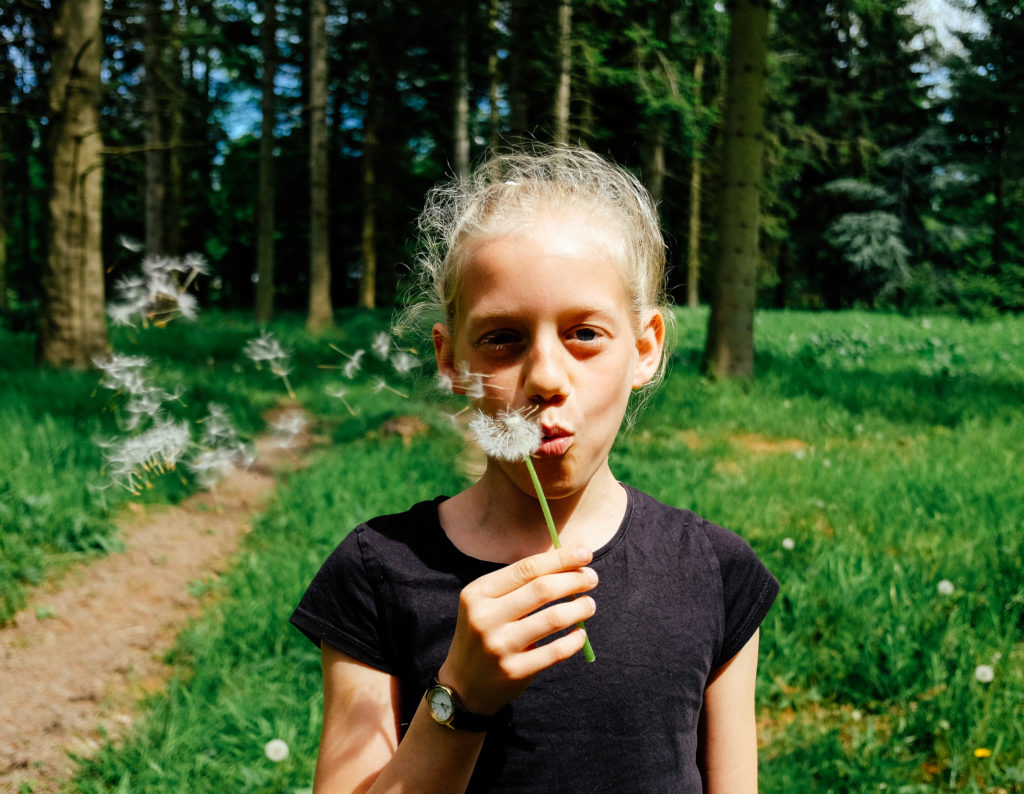 There was still snow regularly fluffing up the ground when I pulled out my seed starter this past winter. I enlisted my kids to extract seeds from little packages with technicolor images, and I was a little giddy with the vivid pictures in my head of a blooming porch and deck. For more than a month, my little sunroom was overtaken by pots, sitting there like kids waiting for summer vacation.
There was still snow regularly fluffing up the ground when I pulled out my seed starter this past winter. I enlisted my kids to extract seeds from little packages with technicolor images, and I was a little giddy with the vivid pictures in my head of a blooming porch and deck. For more than a month, my little sunroom was overtaken by pots, sitting there like kids waiting for summer vacation.
But then, I traveled for nearly a month, leaving my kids to maintain watering. Oh. And then there was a drought, to the point that the wooden Smoky the Bear stationed next to the highway held a sign reading the fire danger was “extreme” (and indeed, resulted in at least three area forest fires). In no shortage of irony or demise to my ailing plants, last week brought five afternoons of hail, plus area flooding that shut down the main highway. I was dumping water from the peonies I’d purchased, their two limp, torn leaves a far cry from the pink globes in my head.
So that happened. (And I’m actually not complaining.) But as I handled the stems just struggling to survive–so far from anything photo-worthy–why did it feel like failure, and oddly, parenting?
The Dashing of Hopes
There were so many other things in which I’d toiled long with great expectation. I thought of the things that didn’t happen in Africa, for which I prayed fervently and invested with my own sweat and cultivation. I thought of a crazy summer as a youth intern, with long hours and a dysfunctional church situation. I thought of a relationship where I felt like I kept trying and, in rapid succession, falling on my face.
I thought of parenting and its waiting game. In fact, I thought of two friends who invested decades of their prime years (homeschooling families, ministry families, the works) in kids who made choices devastating and alienating to them. Far more than mourning a few seedlings lying dead or withered, they are flooded with loss.
Yet the analogies in the Bible to planting are rife.
The kingdom of God is as if a man should scatter seed on the ground. He sleeps and rises night and day, and the seed sprouts and grows; he knows not how. The earth produces by itself, first the blade, then the ear, then the full grain in the ear.
….I planted, Apollos watered, but God gave the growth. So neither he who plants nor he who waters is anything, but only God who gives the growth.
….Let us not grow weary of doing good, for in due season we will reap, if we do not give up.
….The point is this: whoever sows sparingly will also reap sparingly, and whoever sows bountifully will also reap bountifully.
Life in the Elements
Living in Africa, I was reminded how long plants’ lifecycles actually are. I’m used to snatching a bag of bell peppers or radishes from the grocery store shelves for a couple of bucks. But growing them in real life? Months. And for most plants, those aren’t months in a sheltered greenhouse. They’re months with real-life bugs and fungi and dependence on the elements.
We start our planting, or ministry, or parenting with photoshopped images of reality. But very few of us are Master Gardeners. And even for Master Gardeners, the growth is not from them. They make nothing grow: only God who gives the growth.
Looking out the window this morning, I see one of my seeds has become something much more: A maroon-tinged sunflower. A few of my other plants, too, are looking like after all this? Some flowers might eventually be involved.
It makes me think of the words of a pastor of mine: Do you believe God can do anything?
And then wisely, Are you willing to leave the “anything” up to him?
Like this post? You might like












![Now You're Speaking My [Love] Language Now You're Speaking My [Love] Language](https://www.janelbreitenstein.com/wp-content/uploads/2015/08/love-languages-text-1.jpg)





Leave a Reply